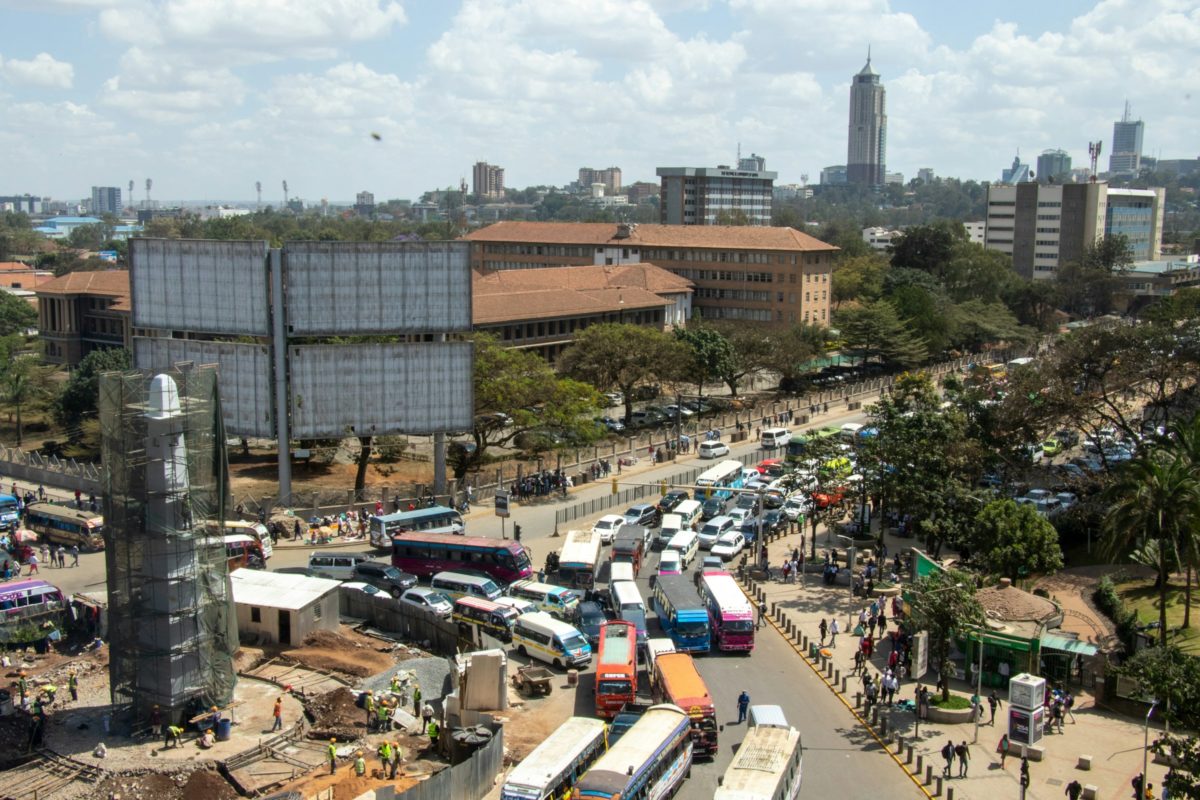
- Categories:
- Announcement
- /
- News
EV Transition in Africa
The transition to low carbon transport is an important component of any nation’s actions to reduce their greenhouse gas emissions. The International Energy Agency’s recently published Global EV Outlook 2024, clarifies that China, Europe and the United States are leading the way for EV sales worldwide, while other countries and regions are further behind in their transition from internal combustion engine (ICE) vehicles to EVs.
Those regions with higher numbers of EVs can provide valuable lessons for the promotion of EV uptake, but it cannot be assumed that these learnings would necessarily translate into copy-paste solutions for other regional contexts. Factors at work in specific localities need to be understood in order to design policies that fit their intended settings. Cenex has used its expertise in countries such as Rwanda, South Africa, and Uruguay, and continues to gain knowledge of African markets by working with clients across the continent.
The 54 African countries each have distinctive socio-economic characteristics, political contexts and priorities, travel characteristics and infrastructure profiles. It is important to consider various factors when understanding vehicle types and uses, as well as a country’s manufacturing capability and desire. Additionally, it is essential to know if the country has its own fossil fuel production or relies on imports. Factors such as political stability, country size, and access to finance for vehicles and two-wheelers are also critical. The opportunities and challenges for decarbonising transport in Africa vary across different geographical regions, highlighting the need for an understanding of local nuances within Africa to support the transition of the wider continent.
In this article, we will examine the regional factors that are influencing the shift to low carbon transportation in Africa. Unlike China, Europe, and the United States, Africa has a much lower adoption of EVs. We will explore the impact of these factors, emphasising the importance of local expertise in accelerating the global decarbonisation of transportation.
Energy is a fundamental aspect of successful EV uptake, but there are disparities in grid stability and access to electricity across African nations. Furthermore, governments have different approaches to the supply, generation, import and export of energy. Fossil fuels therefore represent the most reliable, cost-effective option in many African countries. This impacts both market demand and the capacity to roll out charging infrastructure to support EV uptake across Africa. Under the Paris Agreement, United Nations member states are required to submit Nationally Determined Commitments to contribute to the global reduction of carbon emissions.
In many African countries, two- and three-wheeled vehicles (2/3W) are quite common. Electric versions of these vehicles can use replaceable batteries, eliminating the need to recharge the entire vehicle by connecting it to an electricity supply. This has implications for the infrastructure needed to shift to low carbon transportation in Africa. Understanding vehicle parc composition and the demand for battery swapping stations and charge points could help facilitate the transition in Africa.
In East Africa, particularly in Rwanda, Kenya and Uganda, two-wheeled taxis are a key part of the transport system as motorcycle taxis (boda boda). These countries are dependent on imported fossil fuels and keen to support local manufacturing/assembly. Favourable government tax regimes, innovative finance mechanisms and battery swapping are supporting rapid growth in locally assembled electric 2-wheeled taxis. This has enabled low-income drivers to access electric motorcycles and earn more money – creating a win-win situation.
Air quality is a priority in some African cities which also suffer from congestion. Electric buses can address both of these issues. Senegal’s Bus Rapid Transport system in Dakar aims to encourage a mode shift from private vehicles to public transport by introducing a fleet of electric buses to the city. Initiatives like these have specific charging and infrastructure requirements. This example highlights the importance of understanding local challenges to develop appropriate approaches to decarbonise transport in specific localities.
The quality and coverage of road networks in Africa are severely inconsistent. Various types of EVs and other modes of low carbon transport are available to suit different conditions, but when a road network needs improvement, road upgrades can divert a government from making e-mobility strategies and investments.
The impetus to embark on the transition varies across Africa. Countries with a vehicle manufacturing industry exporting to Europe have a motive to shift production to EVs due to the EU’s 2035 ban on new ICE vehicle sales. Nations with reserves of minerals for battery manufacturing have an opportunity to capitalise on the transition. However, there is less incentive to act in countries with low GDP, whose vehicle parcs are dominated by imports and second-hand sales. This further applies to countries for which the transition does not represent economic opportunity due to the absence of existing lucrative avenues to enter the EV space. What’s more, a shift away from fossil fuels could represent an economic threat for countries including Nigeria, Gabon and Algeria which produce oil and have their own refineries.
Each of these factors have an impact on the transition to low carbon transport across Africa. They influence the level of political will to develop strategies for the decarbonisation of transport, the pace at which markets develop, the EV infrastructure required, and the peripheral challenges to be addressed before the transition can take place. This highlights how factors which are more influential in countries with large EV markets – like vehicle pricing and infrastructure provision – may not be the most pressing issues in regions with lower uptake. By understanding contextual factors, more targeted solutions can be designed to better support the transition to low carbon transport across the world.
Cenex is helping drive the shift to net zero across the African Continent and we will continue to publish insights from our growing knowledge base in this region.
Learn more about our work in Africa: South African Electric Transport, Electric Last Mile Connectivity in Rwanda, Electric Trucks for Rwanda.